What is Debt Consolidation?
Juggling loans or credit card debt with a pesky higher interest rate isn’t easy. Debt consolidation rolls multiple debts into one. Basically, you’ll take out a new loan to pay for your old ones. This means you can make just one monthly debt payment.
Online lenders, banks, or credit unions offer personal loans for consolidation, and it makes managing your debt easier since you’re dealing with a single loan instead of multiple.
How Does Debt Consolidation Work?
There’s a strategy for applying for consolidation. Here’s how it works:
- You start by listing all your outstanding loans, especially high-interest debt, and unsecured debt too.
- Then, you look for a lender who can give you a new loan, ideally with a lower interest rate that’s more than you’re currently paying.
Once you get this type of loan, you use it to pay your outstanding’s. It’s a lifesaver when you’re trying to consolidate credit card debt or other high-interest loans.
The Best Way to Consolidate Debt with a Personal Loan
Debt consolidation can help make things affordable. Here’s what you need to do to consolidate debt with a personal loan:
- You’ll need to calculate the total amount owed. Having a good idea of how much you owe is a great way to get a good picture of what your situation really looks like.
- Depending on the type of lender you choose, you need a good to excellent credit score (bad credit loans do exist but will be higher in interest).
- Once you’ve found a lender, apply for a loan amount that covers your new debt.
Types of Debt Consolidation Loans
Numerous types of loans are available. Each one is designed for different needs and circumstances:
Personal Loans
Unlike consolidation, personal loans don’t need to be used to pay off the amount of debt you owe. They’re very flexible too. As in, even if you have bad credit, you’ll more than likely get approved for one—online lenders have more relaxed credit requirements.
Credit Cards
Try a new credit card with a 0 percent credit card balance transfer. The key advantage of these is the 0% interest rate for a promotional period.
Home Equity Loans
With a home equity line of credit, you’re taking advantage of the value of your home. One thing to remember is that your home could be at risk if you fail to make payments.
Student Loans
If you’re a student, there’s something for you too. Students who have taken out federal student loans can apply to lower their monthly payments.
Debt Consolidation vs. Debt Relief
Consolidation and relief are two financial strategies that serve distinct purposes in handling outstanding loans. Both processes aim to alleviate financial stress, but they work in fundamentally different ways.
| Debt Consolidation | Debt Relief | |
| DEFINITION | To combine multiple forms of debt into a single loan. | Covers all strategies, including negotiation with creditors, to get relief from debt. |
| GOAL | To simplify debt repayment. | To reduce or eliminate loans. |
| EFFECT ON YOUR CREDIT SCORE | Can improve your credit score if you make timely payments. Defaulting or missing payments can harm your credit score. | Applying for bankruptcy or settlement can have a negative impact on credit scores. |
| PROFESSION HELP NEEDED? | Not always. You can do it yourself, though you can go through a consolidation company. | Often, yes. Particularly for settlement or management, professional help is usually necessary. |
| BEST FOR… | People with multiple loans that they can afford to pay but want to simplify their payments and potentially lower their interest rates. | People who are unable to pay off debt and need more drastic measures to get relief. |
Why Consolidate Your Debt: Is Debt Consolidation a Good Idea?
If money issues are bringing you down, consolidating your debt may be a good idea:
- Single Monthly Payment: Make things easy by not having to keep track of multiple payments.
- Fair Interest Rates: If you take out a debt consolidation loan, you’ll be able to reduce your interest payments.
- Credit Score Improvement: Make payments on time, and debt consolidation loans may help improve your credit score.
- Fixed Repayment Schedule: You’ll know exactly when your loans will be paid off, giving you peace of mind and helping you plan for the future.
- Avoid Default: By rolling all your outstanding’s into one, you’ll lower your monthly payment and avoid negative consequences like late fees or damage to your credit score
When You Should Not Get a Debt Consolidation Loan
While debt consolidation may be useful, it’s not the best option for everyone. If you only have a few credit card bills, you could always reach out to discuss a more affordable repayment plan.
- If you don’t have a good credit score, you probably shouldn’t go looking for something that might not be better for you. Higher interest rates will mean higher overall costs, making the consolidation counterproductive.
- If you haven’t addressed the root cause of your money issues, such as overspending or lack of financial discipline, consolidation may only provide temporary relief and could potentially lead to more problems.
- If you’re using secured loans (like a home equity loan) for consolidation, there’s a risk of losing the asset if you fail to make repayments.
Top Alternatives to Debt Consolidation
When it comes to debt consolidation and credit card refinancing, there’s no one-size-fits-all solution. You have other options out there for you.
Balance Transfer Credit Card
With these, you’ll transfer your outstanding’s from one or more credit card accounts to another card with a lower interest rate. Keep an out for any balance transfer fees, and it will depend on your credit limit.
Debt Management Plan
Either a credit counseling agency or you can set up a payment plan. You’ll ask them to reduce your interest rates and waive any penalties. And you can have your loans paid off in 3-5 years.
Credit Counseling Programs
These programs offer budget counseling and management planning. They give you all the tools and knowledge you need to manage your money better and create a spending plan.
Home equity loan or HELOC
For homeowners, you can borrow against the equity in your home. While they do come with lower interest rates, they also involve the risk of losing your home if you can’t make the repayments
Settlement
It’s not as scary as it sounds, for you’ll have to get in contact with your creditors. Ask them to accept whatever you can afford to pay off what you owe.
Bankruptcy
While it can eliminate most of your loans, it also has a severe impact on your credit and can remain on your credit report for up to ten years.
Pros and Cons of Personal Loans for Debt Consolidation
Think about these pros and cons before deciding if debt consolidation is a good idea:
Pros
Cons
How to Find the Best Personal Loans for Debt Consolidation Options for You
Consolidating is a significant financial decision. It’s essential to take your time and do your research because there are many out there. While you do that, consider factoring in these steps before applying.
Prequalify if that is possible
Many lenders allow you to prequalify for their loans. Prequalification involves a soft credit check (which won’t affect your credit score) to determine if you’re eligible for the loan and what rates you can get. This can be a good first step in gauging your options without committing to a particular lender.
Be clear with loan purpose
Are you trying to lower your monthly payments? Do you want to pay off your debt faster? Are you hoping to improve your credit score? Different loans are suited to different goals. So be clear with your purpose to help you find the one that best fits your needs.
Always check for extra fees
When comparing lenders, consider the total cost of the loan, not just the interest rate. Many include extra fees like origination fees, late payment fees, and prepayment penalties. These can significantly increase the overall cost.
Lender customer support
Consider the level of customer support offered by the lender. Look for lenders with strong customer reviews and multiple channels for customer support, such as phone, email, and live chat.

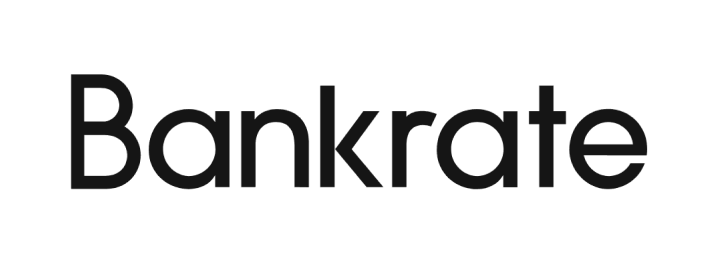
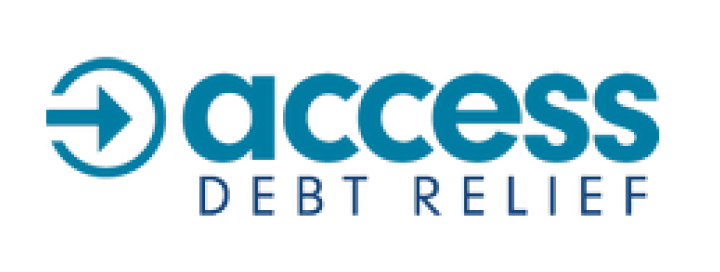

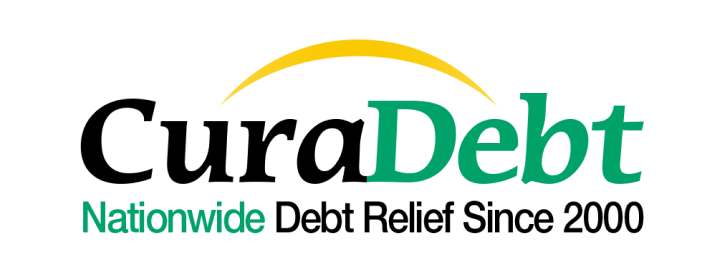
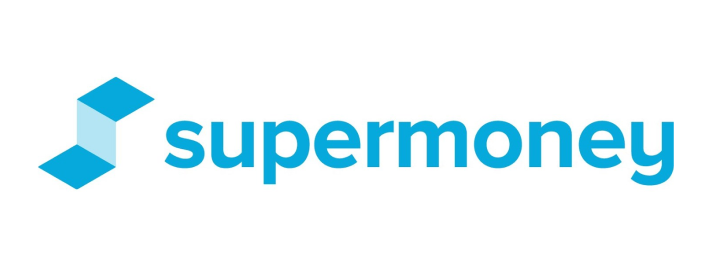
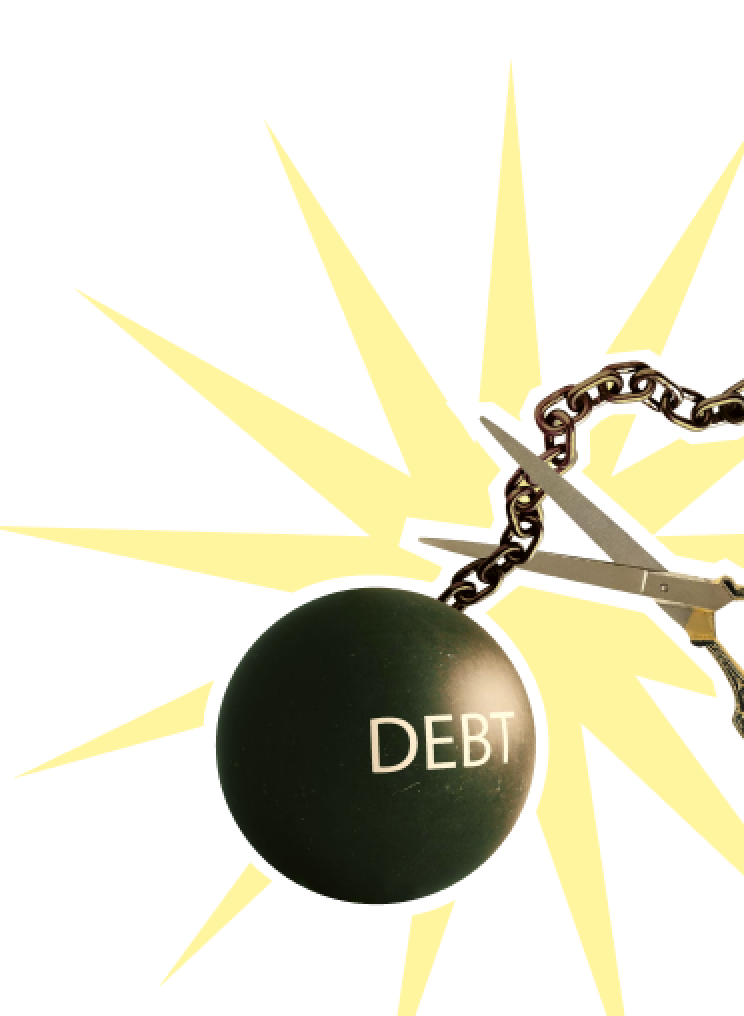
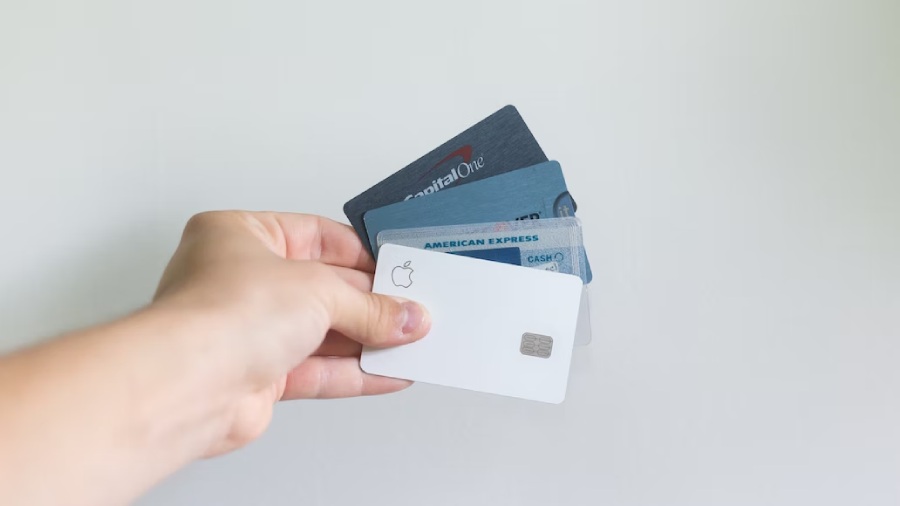
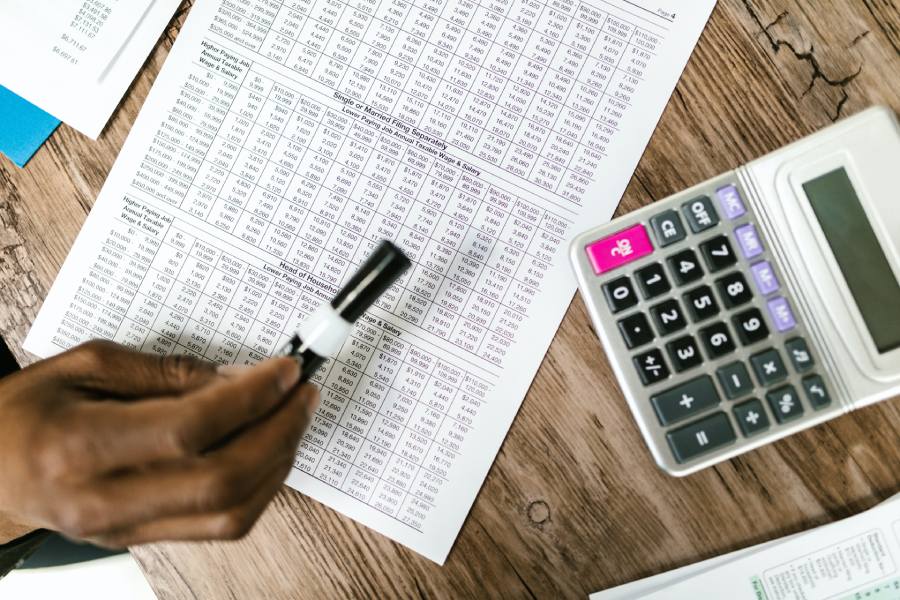


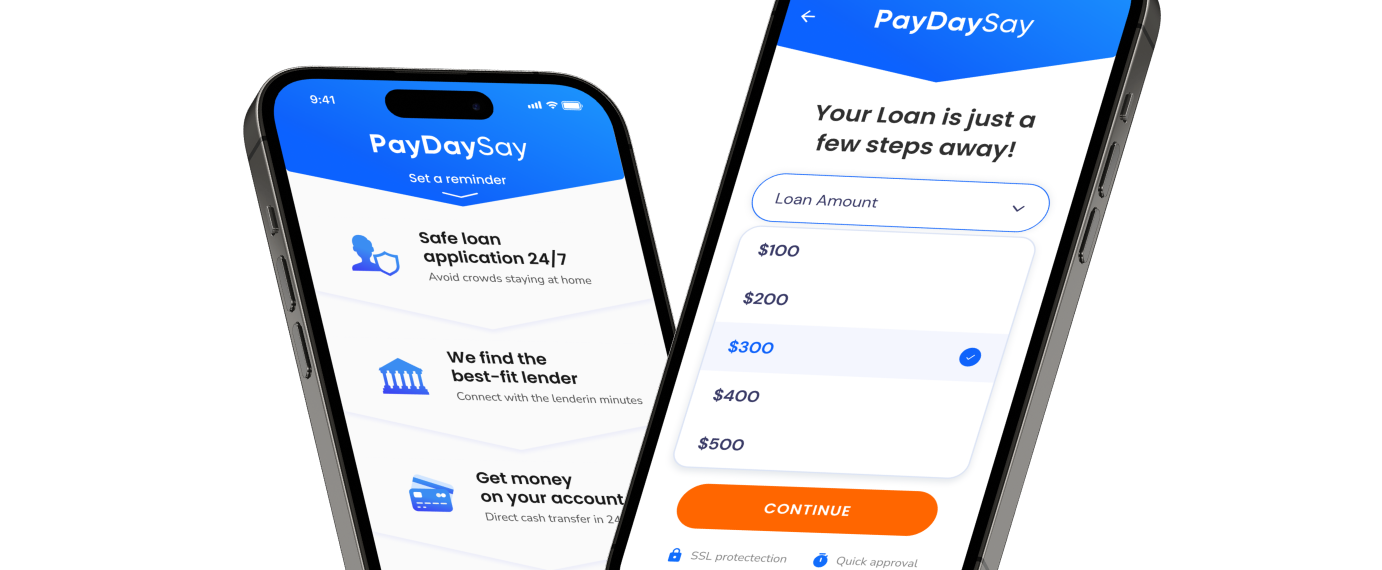







 on your homescreen
on your homescreen
